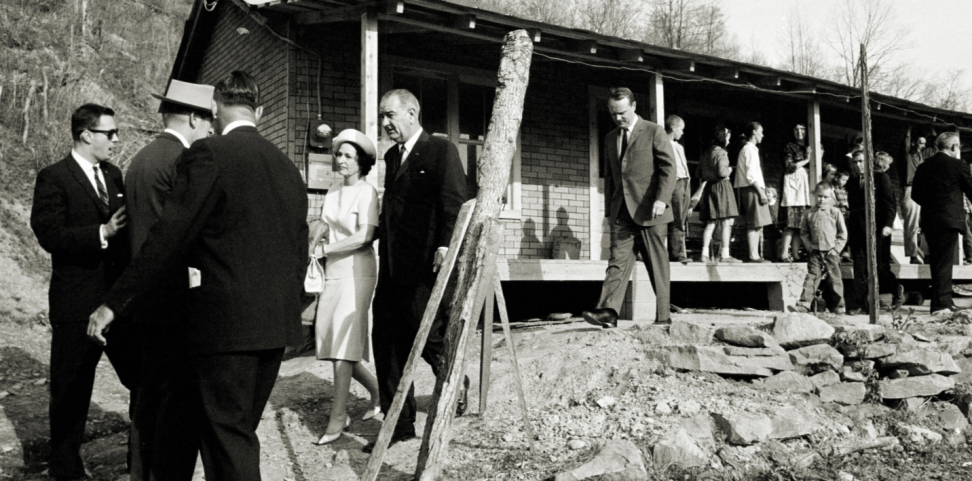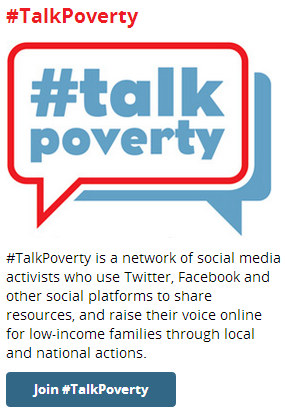
BY IGOR VOLSKY
 It has been 50 years since Lyndon Johnson first declared that the nation could, “for the first time in our history,” conquer and win a war on poverty, pledging a “total commitment by this President, and this Congress, and this nation, to pursue victory over the most ancient of mankind’s enemies.” In the years that followed, lawmakers weaved a social safety net that still endures to this day, providing educational opportunities for low income Americans, retirement and health care security to the low income and elderly, and food assistance to the hungry.
It has been 50 years since Lyndon Johnson first declared that the nation could, “for the first time in our history,” conquer and win a war on poverty, pledging a “total commitment by this President, and this Congress, and this nation, to pursue victory over the most ancient of mankind’s enemies.” In the years that followed, lawmakers weaved a social safety net that still endures to this day, providing educational opportunities for low income Americans, retirement and health care security to the low income and elderly, and food assistance to the hungry.
Through the 1930s and 40s, most national politicians embraced welfare policies, since the federal programs of the New Deal — the 1935 Social Security Act and other initiatives — excluded the black population and were largely seen as acceptable by the white majority. But following World War II and the rise of the Civil Rights movement, welfare programs opened to African Americans, triggering a counterattack from conservatives in both political parties who sought to portray these programs as wasteful, unnecessary, and encouraging government dependence.
Beginning in 1964 and stretching through today, conservative leaders systematically undermined the programs that shaped Johnson’s War on Poverty, frequently deploying racist and sexist arguments to take away public assistance from the poorest Americans. Their rhetoric didn’t directly undo these social programs, but it chipped away at their foundation and altered Americans’ perceptions about the proper role of government. ThinkProgress spoke to six American historians of the Johnson era about the evolution of racist and sexist attacks against social welfare programs, some of which can still be heard in the debates in Washington today.
